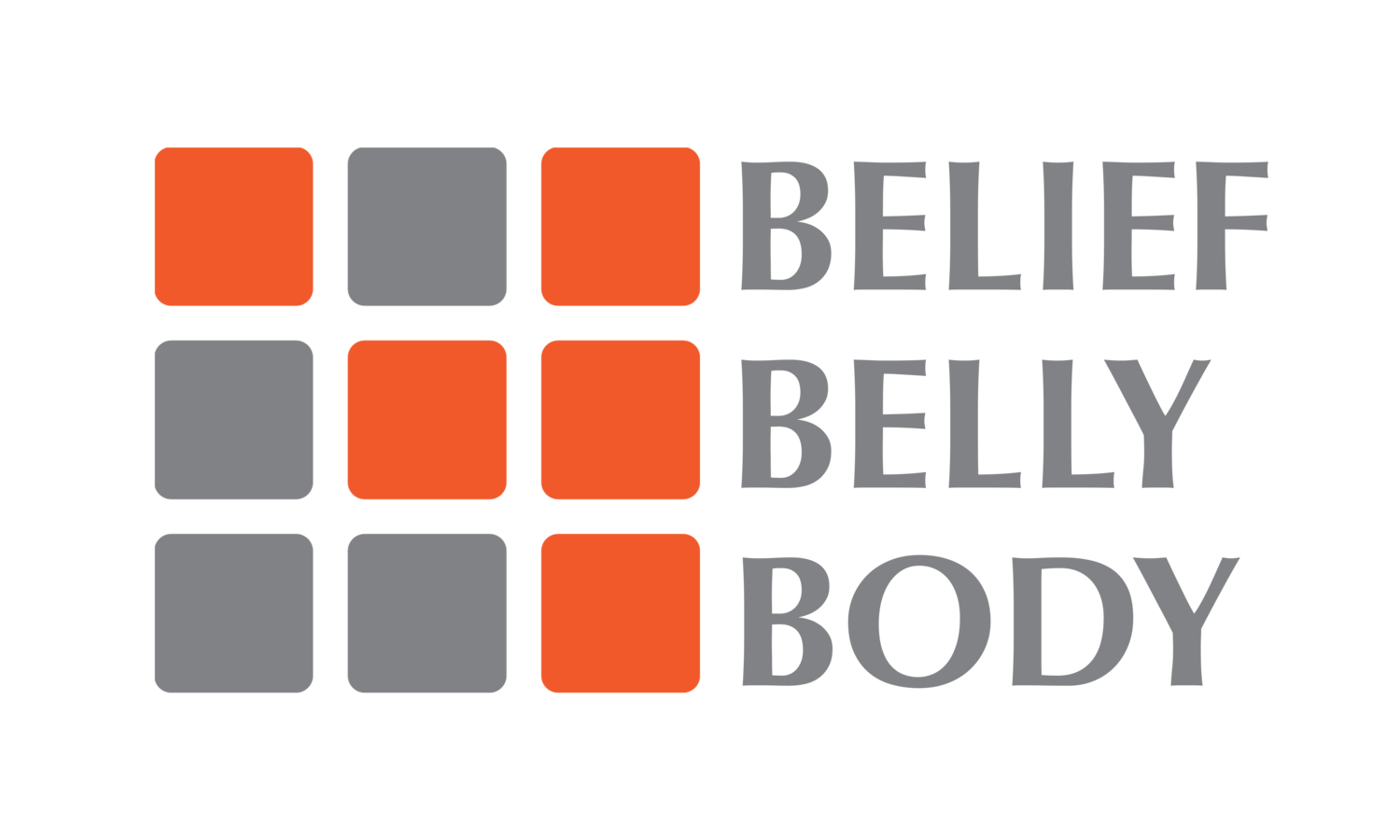
Fasting
People all over the world fast regularly for a variety of religious reasons (e.g. Ramadan, Lent, Yom Kippur). What happens during those religious fasts can produce significant spiritual benefits. Fasting is indeed a marvelous discipline that God has graciously provided for his people. Scripture supplies several spiritual purposes for fasting (e.g. repentance, humility, worship, searching for the Spirit’s direction). Fasting can be done both individually and corporately. We also see examples of complete fasts and partial fasts.
In addition to the spiritual emphasis you may not know that fasting has many remarkable health benefits too! Fasting has recently become more popular in our culture as many health and wellness professionals have realized the numerous benefits to intermittent, periodic fasting. While these professionals may be engaging in this research through the lens of a non-biblical worldview, fasting is is still being recognized for its many physical benefits.
What is Fasting?
Fasting is the abstinence or reduction of food, drink, or both, for a specific period of time, either intentional or unintentional. Everyone endures periods of fasting (e.g. while sleeping), however when a fast is broken usually differs between individuals.
When you fast, your body begins by burning your stored sugar, and then it burns your stored fat. In essence, during feasting you burn food for energy, and during fasting you burn energy from your stored food. When you fast, you deplete much of your stored sugar. Your muscles then become much more efficient at using fat for energy. This happens because your muscles learn how to use the fat for energy by increasing the amount of proteins that metabolize that fat. In other words, your muscles learn to burn fat, not sugar.
Prepare
This is true for all healthy habits. The better prepared you are, the more successful you will be. At the beginning of each week, plan your days of fasting and eating. Planning helps you mentally prepare for those tough low-calorie fasting days. This also prevents you from fasting through social plans with family & friends. You will also want to plan to do lighter workouts on any days you have caloric restrictions or fasts.
Eat Well
As important as the fasting window is, it’s equally as important to eat the right things to break the fast. I recommend a meal high in protein and fat and lower in carbs. This helps you to feel full without spiking your blood sugar (e.g. nuts, eggs, bacon, whole fat plain greek yogurt).
Listen To Hunger Cues
These few weeks allow you to reconnect with hunger cues that so often get ignored. A lot of us (myself included) eat not because we are actually hungry, but for a variety of other reasons. It’s common for us to ignore hunger cues and eat when we’re bored, when someone else is eating, when there is food in front of us, or when we’re stressed.
Imperfection Is Not Failure
It doesn’t have to be all or nothing. Please don’t feel like you have failed if you don’t hit your eating window exactly. Any change you make is a good step. You don’t have to be perfect. So if you can do a longer fast one day, but another day your schedule simply will not allow for it, don’t worry. Don’t give up on fasting all together simply because you were unable to execute it completely.
Experiment
You’ll need to see what works best for you. There are different types of fasting because certain styles work better for certain people. Try them all, or whatever feels right, until you find one you can realistically stick with and feel good about.
Be Patient
It takes time to find a rhythm. This is true of any new routine or habit, not just fasting. If it’s hard at first, cut yourself some slack – you’re still finding your footing. Be aware this will take time as you adjust to a new schedule and routine.
Drink Water
Hydration is important. This one is especially obvious, but is definitely worth the reminder. Whether it’s a fasting day or not, make sure to get sufficient hydration.
Pray
Choose to focus on a personal need or desire (e.g. health, relationship, etc), an issue related to another person (e.g. family, friend, neighbor, co-worker, etc), or anything else God places on your heart.
Journal
Using a journal can be a helpful way to record the type of fast your are doing and how your focus, energy, and hunger are affected throughout the fast. You can use the journal found in the Fasting Challenge Guide.
